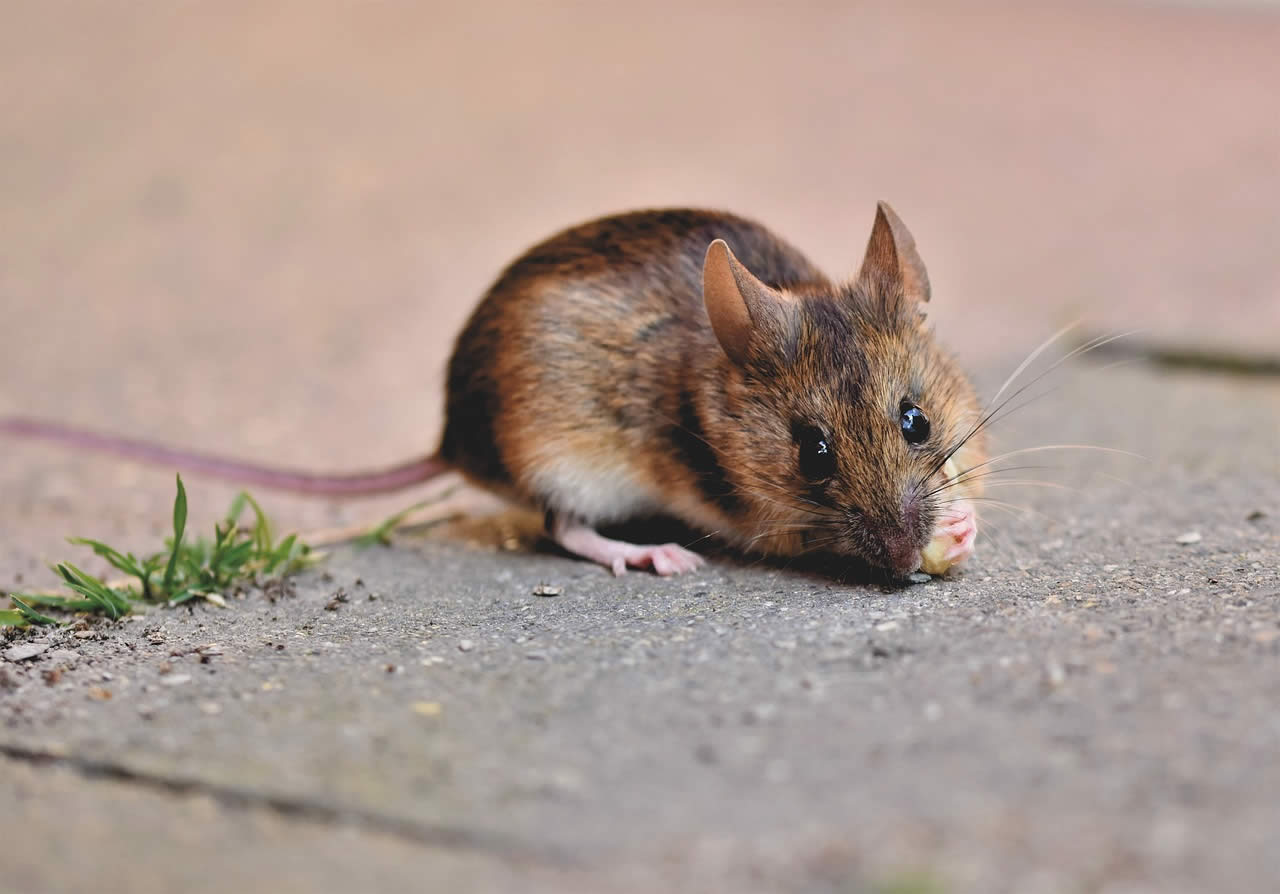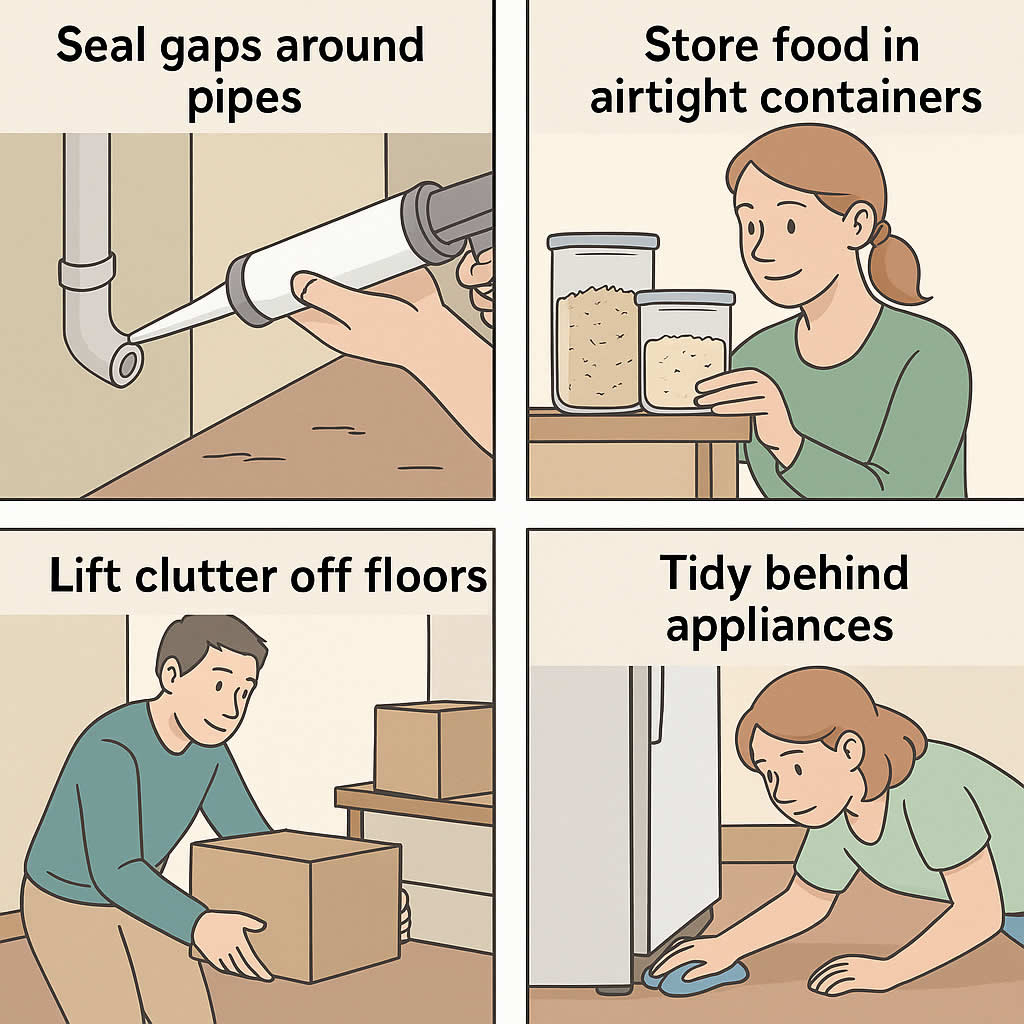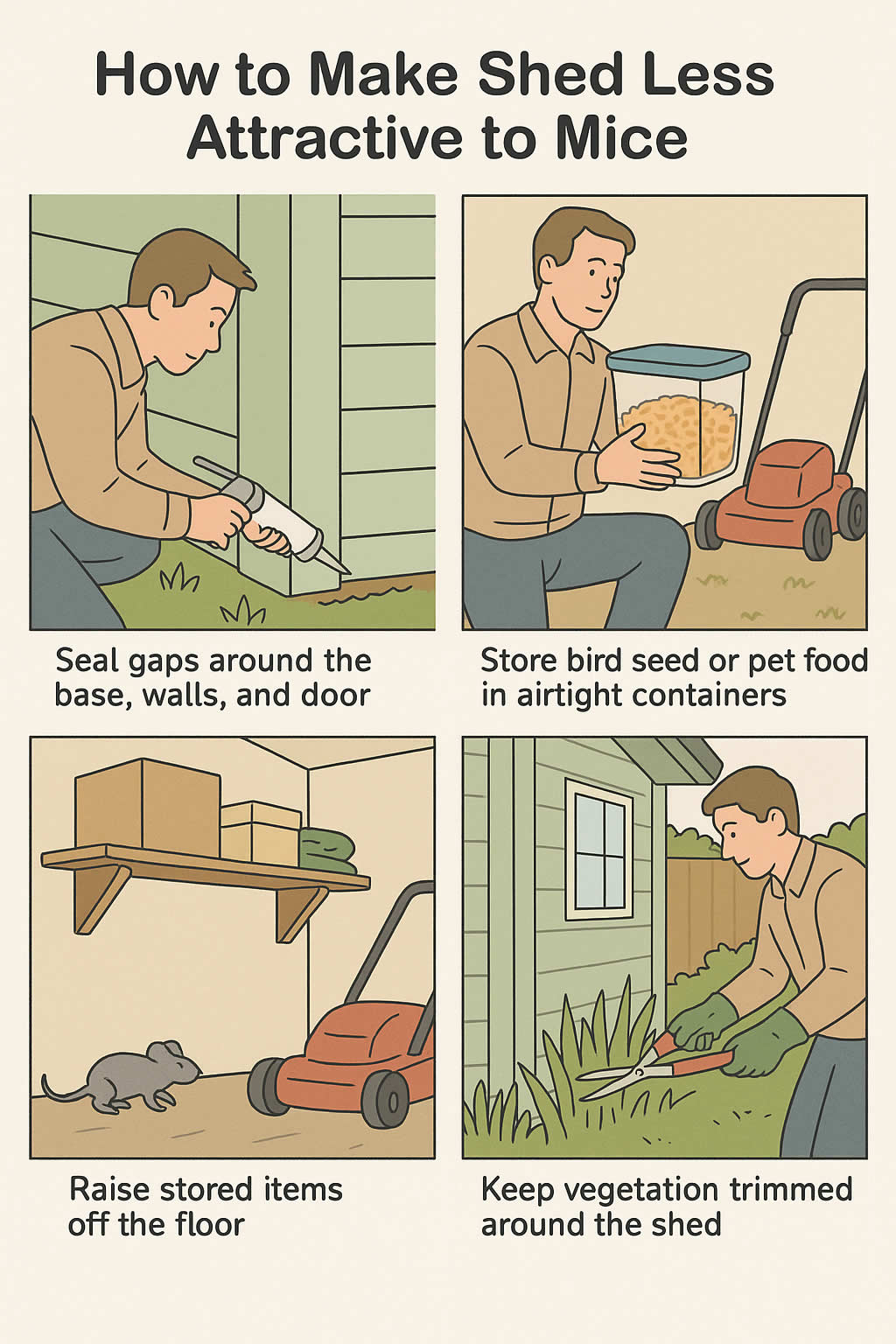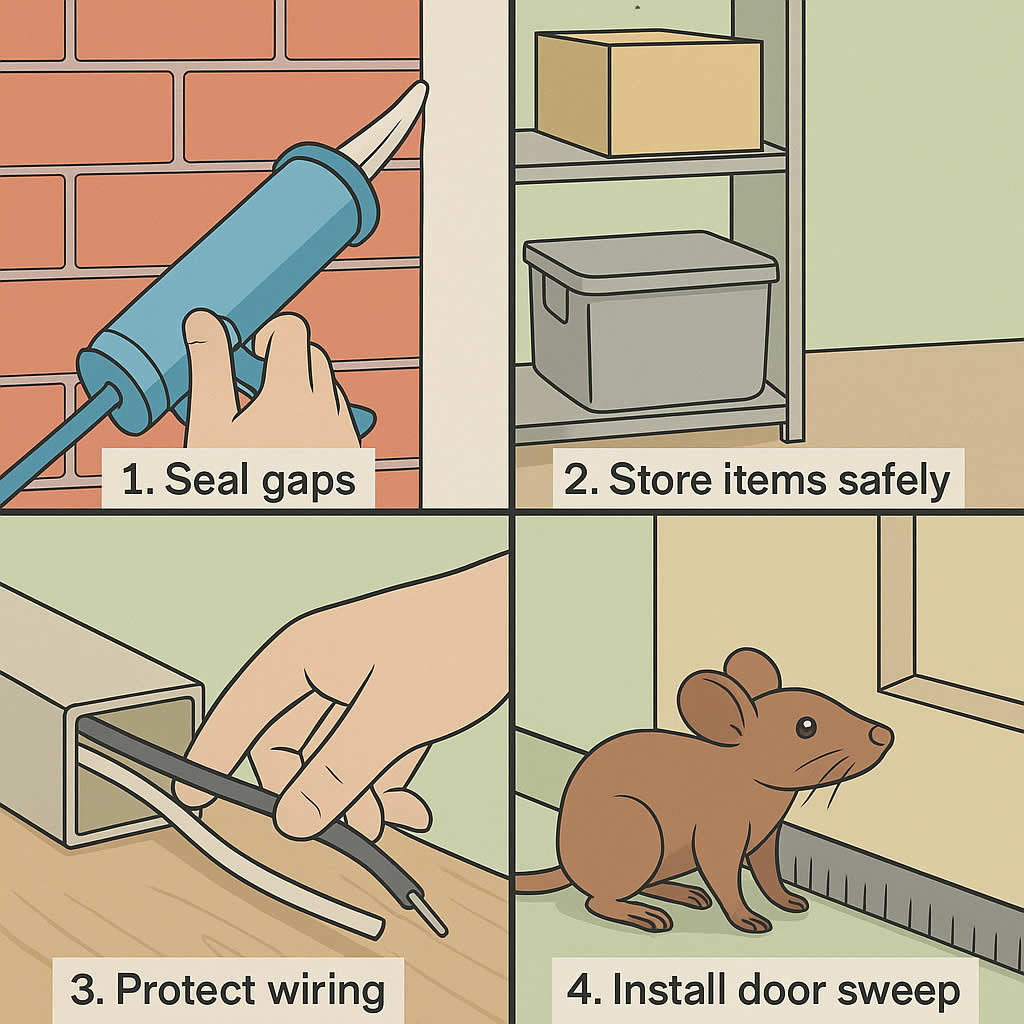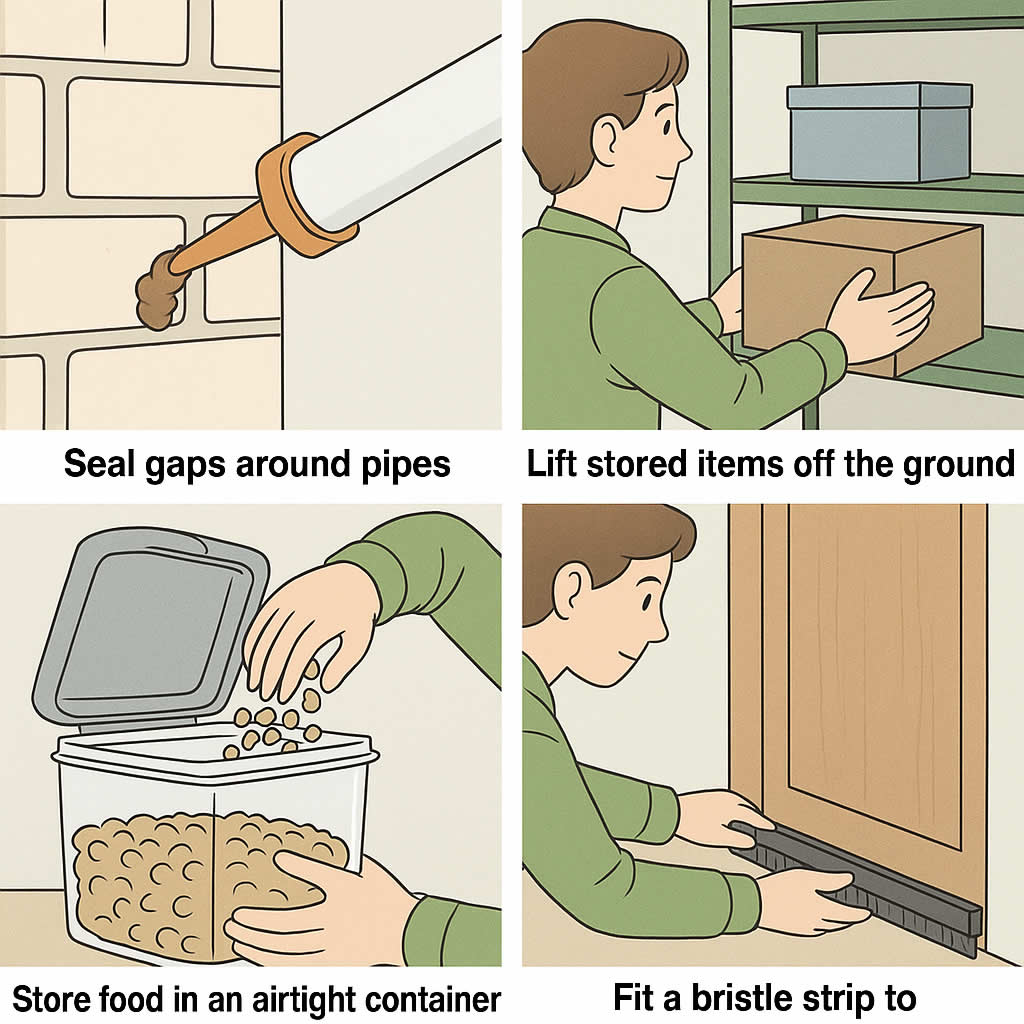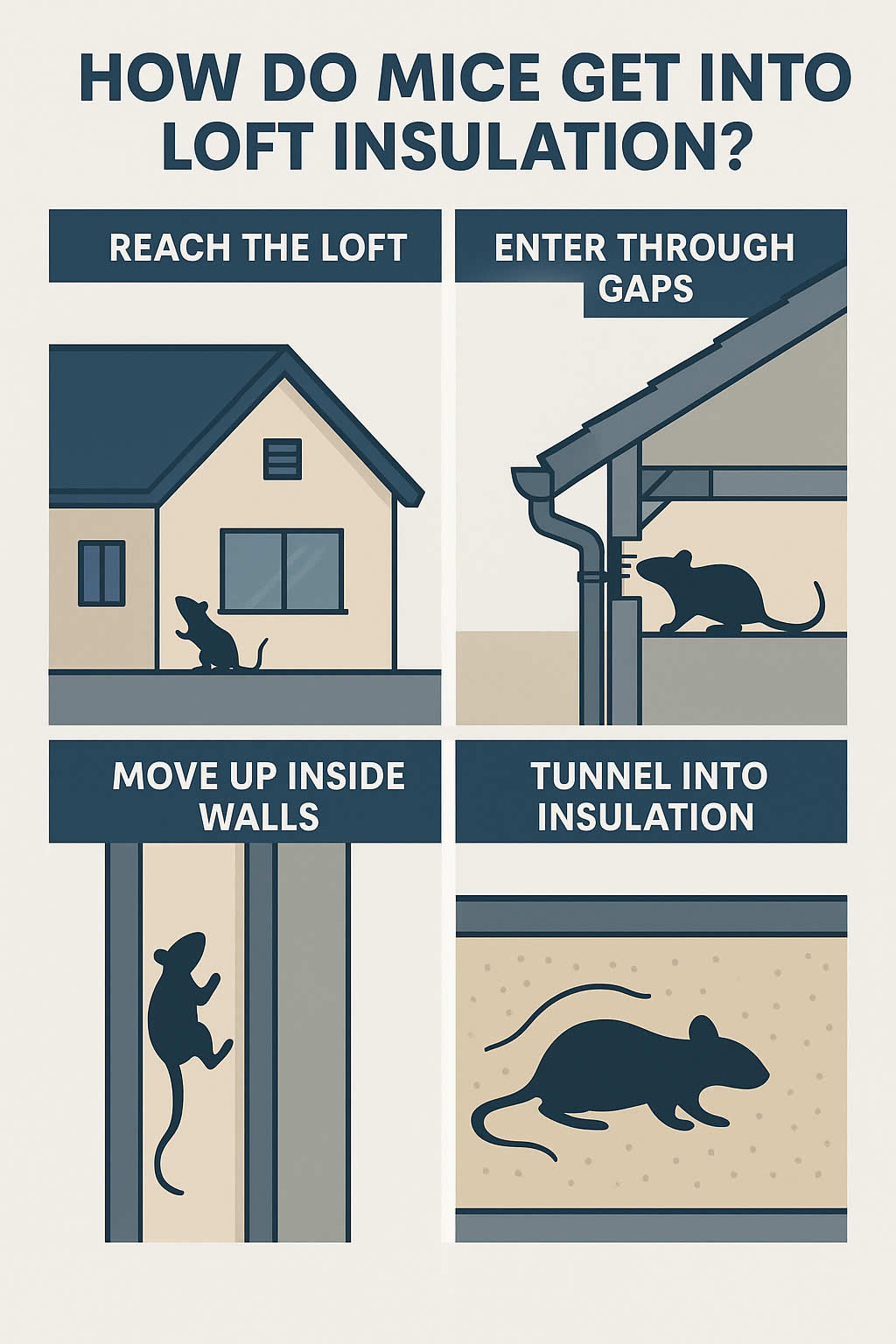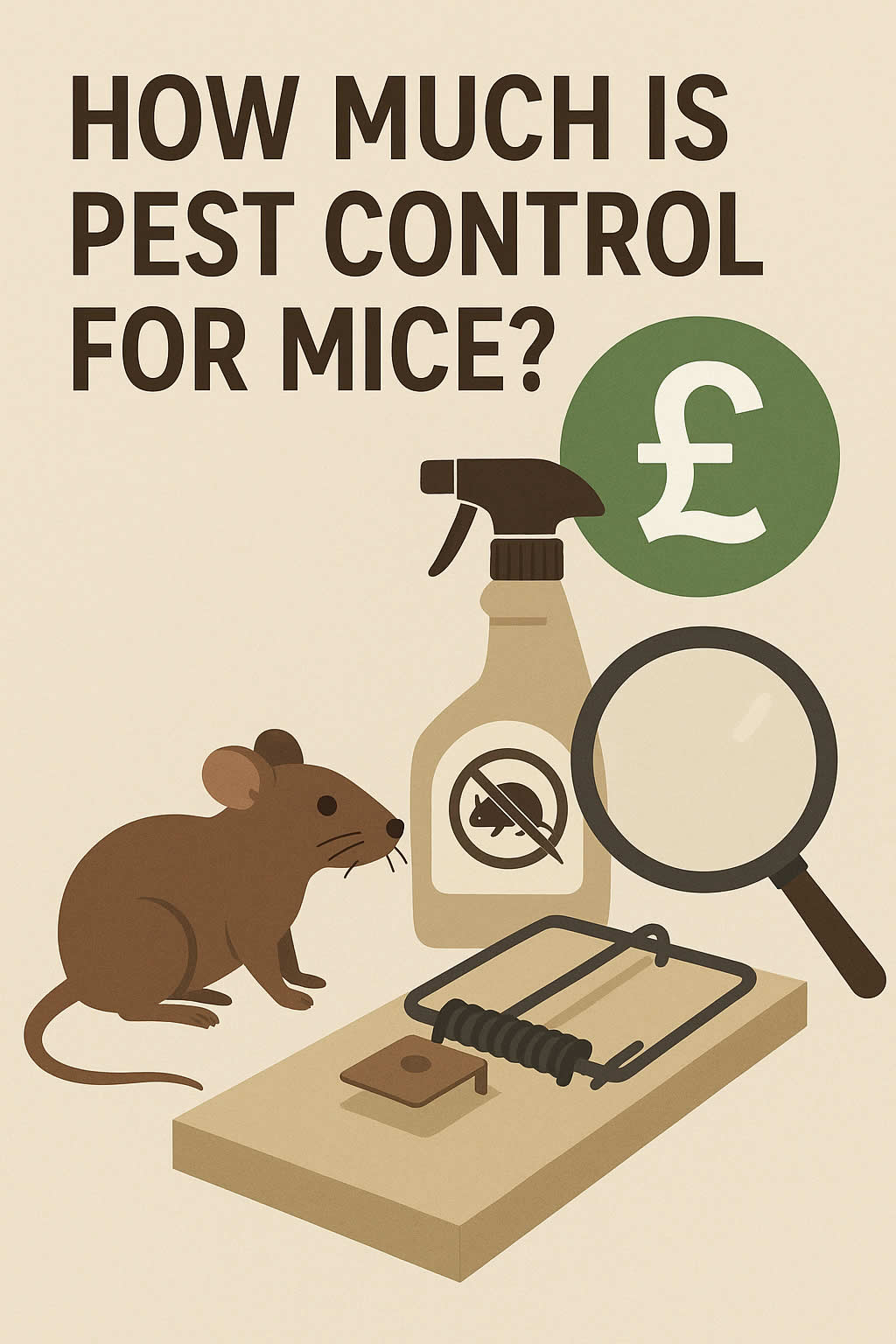Related Queries
ToggleCan mice chew through plastic? For homeowners, having pests in your house is the last thing that they want to happen. Mice are one of the most common household pests that can cause big headaches. They can damage your property, consume and contaminate the food in your pantry, and cause various health problems. As a result, many homeowners have questions regarding mice and their behaviour. One of the most frequently asked questions is whether mice can chew through plastic.
Can Mice Chew Through Plastic?
The short answer to the question is yes, mice can chew through plastic. Plastic may seem like an effective barrier since it is sturdy and more durable than other materials like paper or cardboard. However, mice can still gnaw through it easily. Mice have sharp teeth, and their jaws are extremely powerful. They can chew through most materials, including plastic bags and containers, to gain access to food and nesting materials.
It is essential to understand that not all types of plastic are the same. Some plastics are more resistant to gnawing than others. For example, hard plastics like PVC pipes or heavy-duty storage bins are difficult for mice to chew through. On the other hand, thin, soft plastics like those used in plastic bags and food containers are much more vulnerable to damage.
So, how can you protect your plastic containers from mice? One excellent solution is to use metal or glass storage containers instead of plastic. These materials are much harder for mice to cause damage to. If you must use plastic containers, opt for thicker, heavier-duty varieties that mice may find more challenging to chew through.
Preventing mice from entering your home is critical to keeping them away from your plastic containers. Some steps that you can take include sealing any gaps or cracks in your home’s foundation, windows, and doors. Mice can enter your home through even the smallest of openings, so it’s crucial to seal any possible entry points. Additionally, ensure that any food items are stored in airtight containers and keep them away from areas where mice may frequently visit.
If you already have a mice infestation, it’s best to contact a professional pest control service. A professional can help identify the best course of action to remove the mice from your home and prevent them from returning. Traps, baits, and repellents are all options that a professional can use to get rid of mice.
Conclusion
In conclusion, mice are capable of chewing through plastic, and it’s essential to take steps to protect your plastic containers from damage. Using harder materials like metal or glass can help prevent mice from accessing your food and nesting materials. Additionally, sealing entry points and using airtight containers for food can help keep mice out of your home.
If you already have a mice infestation, contact a professional pest control service to remove the mice and prevent them from returning. By taking these steps, you can protect your home from the damage and health hazards that mice can cause.
Quick Facts & Tips
While not all plastic is created equal, it’s safe to say that mice can chew through many types of plastic. Their sharp incisors, constantly growing like teeth of other rodents, allow them to gnaw through surprising materials. Here’s a breakdown:
Plastic Vulnerability:
- Soft plastics: Mice can easily chew through thin, flexible plastics like shopping bags, food packaging, or electrical insulation.
- Thin plastics: Even harder plastics become vulnerable if they’re thin enough. Bottle caps, garden hoses, or certain kinds of tubing can be gnawed through.
- Degraded plastics: Aged or sun-exposed plastics lose their strength and become easier for mice to chew through.
Plastic Resistance:
- Hard plastics: Thicker, harder plastics like PVC pipes or certain storage containers might resist initial gnawing, but prolonged attempts could eventually succeed.
- Reinforced plastics: Plastics reinforced with fibreglass or metal mesh offer greater resistance and discourage chewing.
Factors Influencing Chewing:
- Motivation: Hunger, thirst, boredom, or nesting needs can drive mice to chew on various materials, including plastic.
- Accessibility: If food, water, or shelter are scarce, mice might gnaw on plastic in search of resources.
- Attraction: Certain chemicals or additives in some plastics can be attractive to mice and encourage them to chew.
Prevention Tips:
- Store food and trash properly: Securely seal food containers and dispose of trash regularly to minimise potential attractants.
- Minimise clutter: Reduce piles of paper, cardboard, or other materials that could provide nesting material or hiding spots.
- Protect cables and wires: Use cable protectors or conduits to shield electrical wires from gnawing.
- Seal potential entry points: Check your home for cracks, gaps, or holes around pipes, vents, and windows, and seal them to prevent mice from entering.
- Consider professional help: If you suspect a significant infestation or struggle with frequent gnawing, consult a licensed pest control professional for targeted solutions.
Remember, addressing the underlying reasons for chewing, such as lack of food or nesting opportunities, can be crucial in preventing further gnawing damage.
While mice might not be able to chomp through your heavy-duty car bumper, many household plastics are vulnerable to their persistent teeth. By understanding their motivations and implementing preventive measures, you can protect your belongings and create a less appealing environment for these furry chewers.
Hire a Pest Control Expert
When it comes to protecting your home from unwanted pests, hiring a pest control expert is often the most effective solution. Mice, in particular, are notorious for their ability to chew through materials you might think are secure, including plastic containers.
While thick, hard plastics offer some resistance, softer and thinner varieties prove no match for a mouse’s constantly growing incisors. This can lead to contaminated food, damaged property, and even health risks.
Are you looking for pest control in Cornwall? Get in touch with us and a local pest removal company will be in touch.
A pest control professional can help you identify entry points, seal them, and employ targeted removal strategies such as traps or repellents to eliminate the problem.
Pest Control professionals also provide valuable advice on long-term measures, such as using metal or glass storage containers and maintaining a clutter-free environment, to keep mice at bay. By enlisting pest control expert help, you’ll not only resolve current infestations but also gain peace of mind knowing your home is safeguarded from future intrusions.

